
360.º aniversario del nacimiento de Bartolomeo Cristofori
¿quien fue?
Bartolomeo Cristofori di Francesco (Padua, 4 de mayo de 1655 - 27 de enero de 1731) fue un constructor de instrumentos musicales italiano, reconocido generalmente por haber sido el inventor del piano.
Biografía
 Bartolomeo Cristofori nació en Padua, población que formaba parte de la entonces República de Venecia. No se tienen datos sobre los primeros años de su vida y de su juventud. Una leyenda narra que sirvió como aprendiz del gran fabricante de violines Nicolò Amati, la historia se basa en un expediente del censo de 1680, en el que aparece un “Christofari Bartolomeo” que vivía en la casa de Amati en Cremona. Sin embargo, como Stewart Pollens1 precisa (ver las referencias abajo), esta persona no puede ser Bartolomeo Cristofori, ya que según los expedientes del censo, Christofaro Bartolomei tendría entonces 13 años de edad, siendo incoherente con el expediente bautismal de Bartolomeo Cristofori, que ya debía tener 25 años en aquella época.
Bartolomeo Cristofori nació en Padua, población que formaba parte de la entonces República de Venecia. No se tienen datos sobre los primeros años de su vida y de su juventud. Una leyenda narra que sirvió como aprendiz del gran fabricante de violines Nicolò Amati, la historia se basa en un expediente del censo de 1680, en el que aparece un “Christofari Bartolomeo” que vivía en la casa de Amati en Cremona. Sin embargo, como Stewart Pollens1 precisa (ver las referencias abajo), esta persona no puede ser Bartolomeo Cristofori, ya que según los expedientes del censo, Christofaro Bartolomei tendría entonces 13 años de edad, siendo incoherente con el expediente bautismal de Bartolomeo Cristofori, que ya debía tener 25 años en aquella época.
no se que mierda dice aca, no tengo ganas de entrar a ningun traductor ni intentar hacerlo por mi misma, al entrar a este enlace https://www.google.com/doodles/bartolomeo-cristoforis-360th-birthday esta todo esto
You may have never heard of Bartolomeo Cristofori, but you definitely know his invention. Cristofori was an Italian musical instrument maker credited with inventing the pianoforte, or: the piano. One of his biggest innovations was creating a hammer mechanism that struck the strings on a keyboard to create sound. The use of a hammer made it possible to produce softer or louder sounds depending upon how light or hard a player pressed on the keys. In fact, that’s how Cristofori’s new instrument got its name -- in Italian, piano means soft, while forte means loud. Being able to change the volume was a major breakthrough. And that’s exactly what Doodler Leon Hong wanted to highlight in this interactive Doodle. We talked to Hong to get the inside scoop on how this musical Doodle came to be.
Though the piano is one of the most popular instruments, the name Bartolomeo Cristofori isn’t widely known. How did you first learn of him?
The topic was first suggested by the Google team in Italy. I was also astonished I had never heard of him given that he'd had such a large impact on music. We're always trying to find topics that are educational, fun, and surprising – Cristofori is an ideal topic. Hopefully after the doodle, people will think of Cristofori everytime they see a piano.
What music is playing in the doodle ? How did you go about recording it?
The melody is from Johann Sebastian Bach's Jesu, Joy of Man's Desiring. It was important to me to have a piece that was from the same time period as Cristofori's life. In addition, I was also looking for a memorable tune composed of notes with all the same duration so it would fit nicely with the animations. The timing and loudness had to be precise and consistent so I plotted the notes using software and rendered the sound files with a virtual piano instrument.
Can you walk us through your process for creating this doodle?
It began with several sketches on paper after a round of research. For this particular doodle, everybody knows what a piano looks and sounds like so it was difficult to think of simple concepts that could be both educational and visually delightful to a large audience. For some reason when I first came up with the idea of a volume control slider labelled with 'piano' and 'forte' it made me chuckle. It stuck and I began fleshing out the details soon after.
What was the biggest challenge?
Besides deadlines (it's difficult to change someone's birthday), this doodle was enjoyable to work on. Creating the animations and music was a fun and educational experience for me. It was probably much more challenging for Corrie Scalisi, our engineer, to take the code I had written and make it bug-free and work on different browsers.
What is your favorite part about the finished doodle?
My favorite part of the doodle is the animation of Cristofori playing when the volume is set on forte. If I had more time I would have put even more bounce to his bottom. I hope people decide to do more research after playing with the doodle and learn more about him.
Which musicians do you think we'll be celebrating with a doodle in 360 years?
I would say Bob Moog, but we've already celebrated him! There are lots of new exciting electronic keyboard instruments coming out these days, such as the Seaboard and Continuum, which are even more expressive than traditional pianos. Maybe one day such devices will be as ubiquitous as the piano.
You can check out Cristoforo’s original pianos at the Metropolitan Museum of Art on Google Cultural Institute or at the museum in New York City, at the Museo Strumenti Musicali in Rome, and at the Musikinstrumenten-Museum of Leipzig University in Germany.




.png)



.jfif)















%202024-9-11%209,07%20Ingreso%20a%20S%20S%20de%20Jujuy%20(1).jpg)









































































































+front.jpeg)


















.jpg)












































.jpg)




.jpg)


.jpg)








































































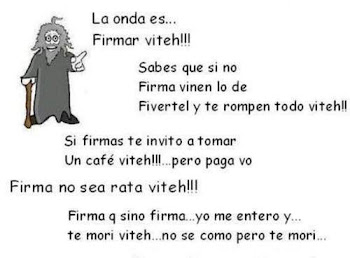

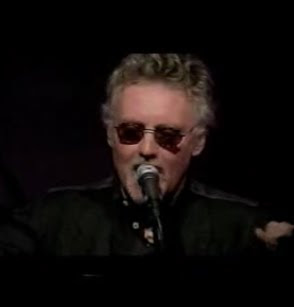
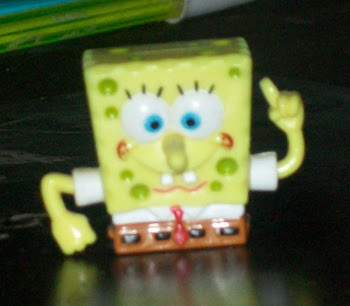

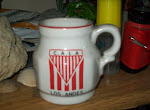


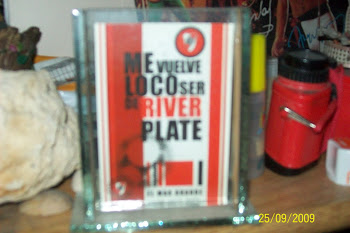
















1 comentarios:
Me gusta eso de que le dediquen noodles a gente no tan conocida.
El inventar el piano lo hace digno de reconocimientos como este.
Publicar un comentario
si sos spamer o vas a insultar mejor andate, ademas de que el mensaje fuera de lugar sera borrado